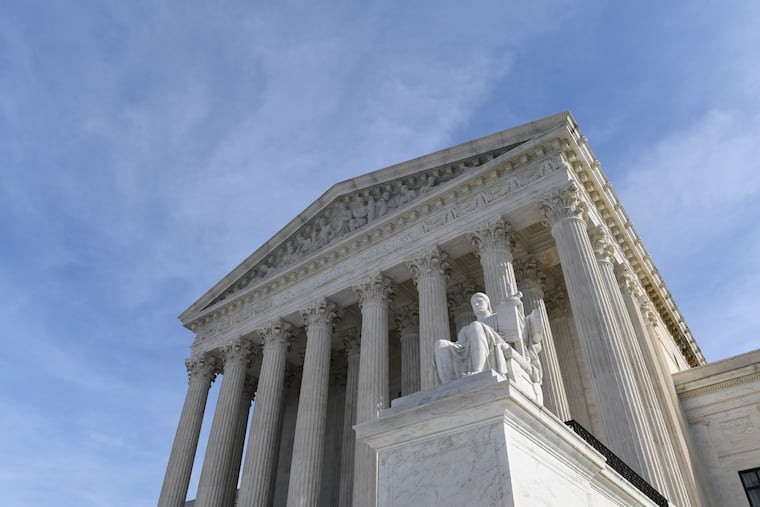Supreme Court to decide whether electors must vote with their states in 2020 election
The Supreme Court will decide ahead of the 2020 election whether presidential electors are bound to support the popular vote winner in their states or can opt for someone else

WASHINGTON — The Supreme Court said Friday it will decide ahead of the 2020 election whether presidential electors are bound to support the popular vote winner in their states or can opt for someone else.
Advocates for the court's intervention say the issue needs urgent resolution in an era of intense political polarization and the prospect of a razor-thin margin in a presidential election, although so-called faithless electors have been a footnote so far in American history.
The justices will hear arguments in April and should issue a decision by late June.
About 30 states require presidential electors to vote for the popular vote winner, and electors almost always do so anyway. Under the Constitution, the country elects the president indirectly, with voters choosing people who actually cast an Electoral College ballot for president. It takes 270 votes to win.
The case arises from the 2016 presidential election. Three Hillary Clinton electors in Washington state and one in Colorado refused to vote for her despite her popular vote win in both states. In so doing, they hoped to persuade enough electors in states won by Donald Trump to choose someone else and deny Trump the presidency.
The federal appeals court in Denver ruled that electors can vote as they please, rejecting arguments that they must choose the popular vote winner. In Washington, the state Supreme Court upheld a $1,000 fine against the three electors and rejected their claims.